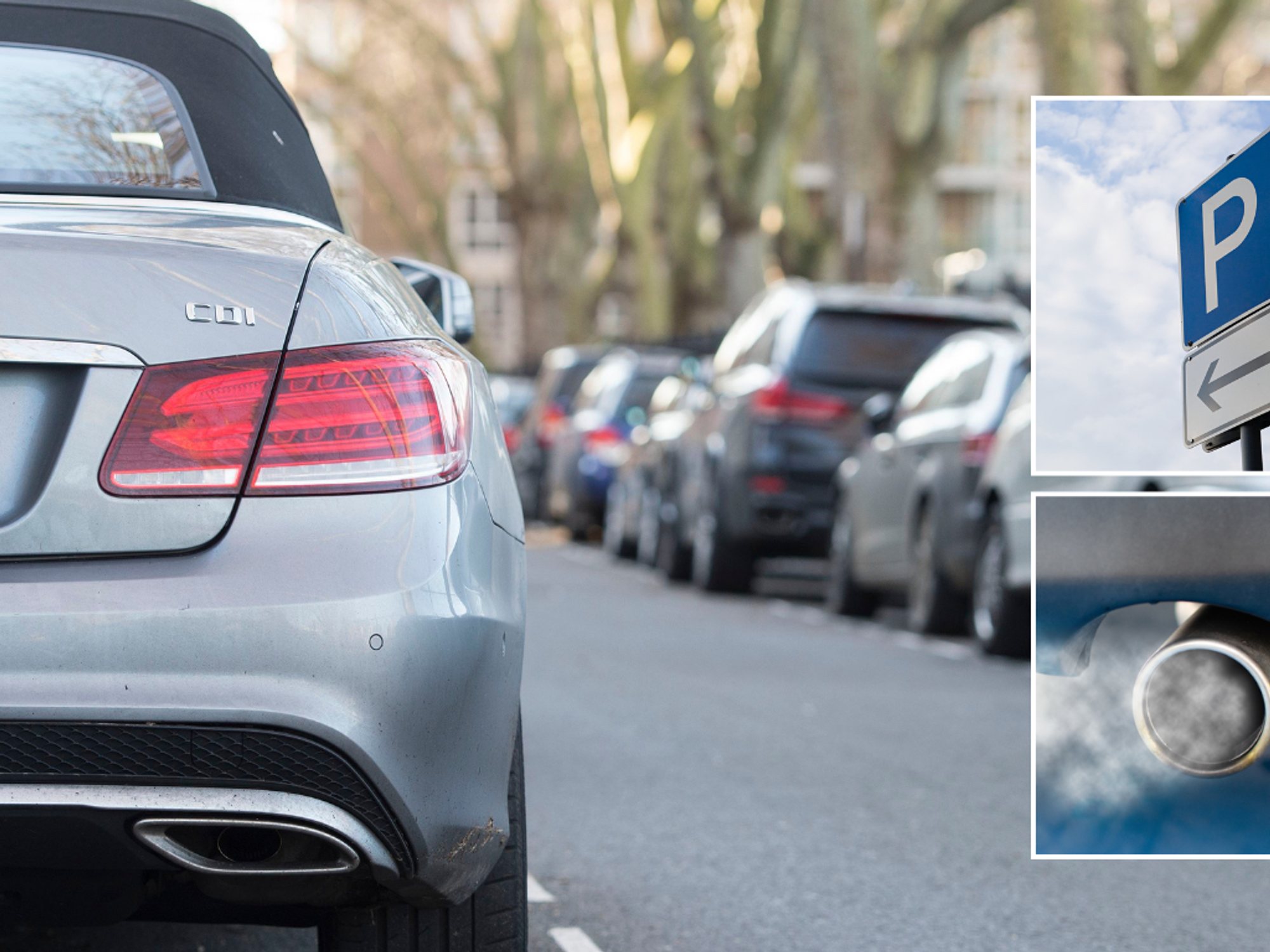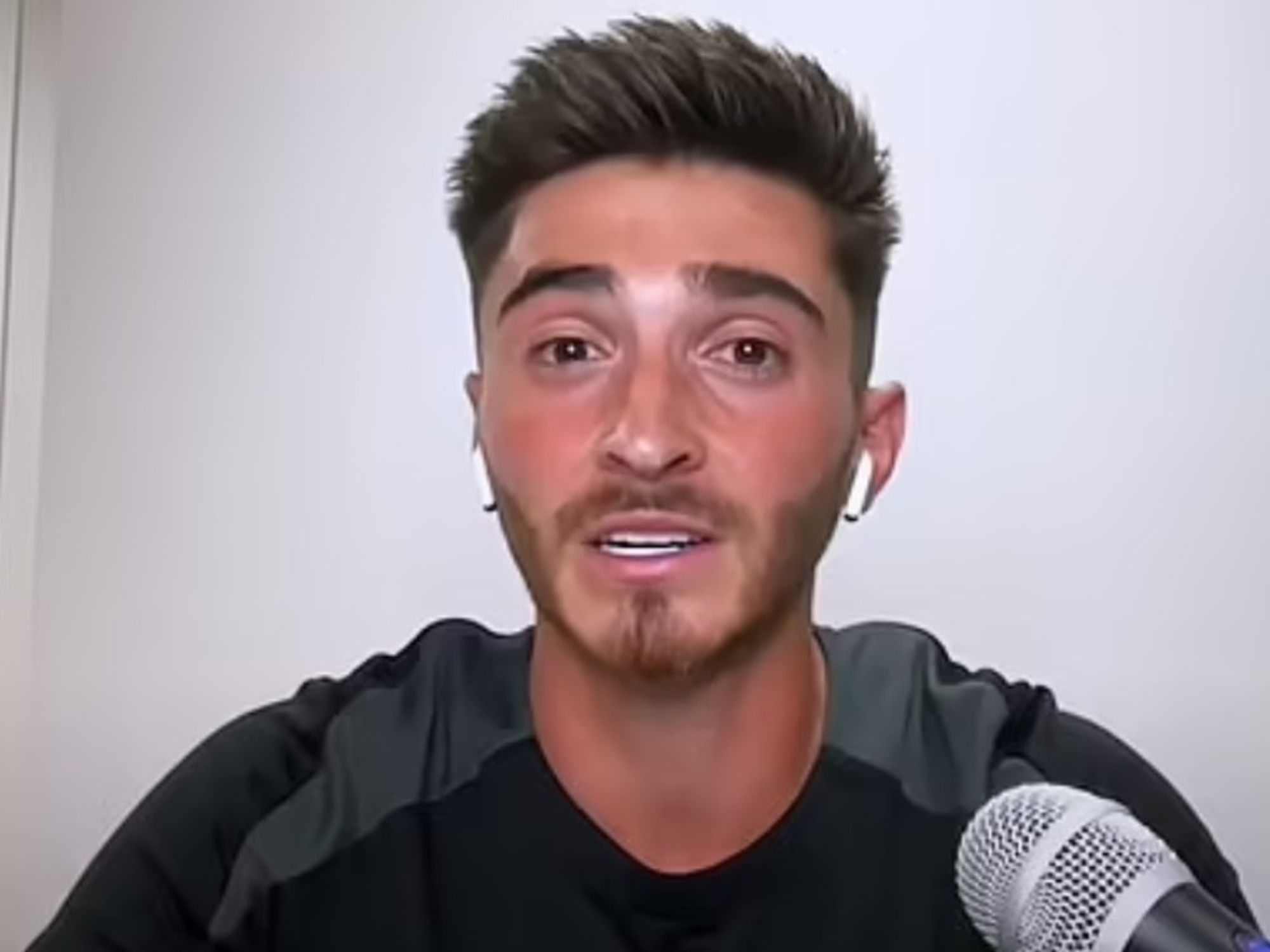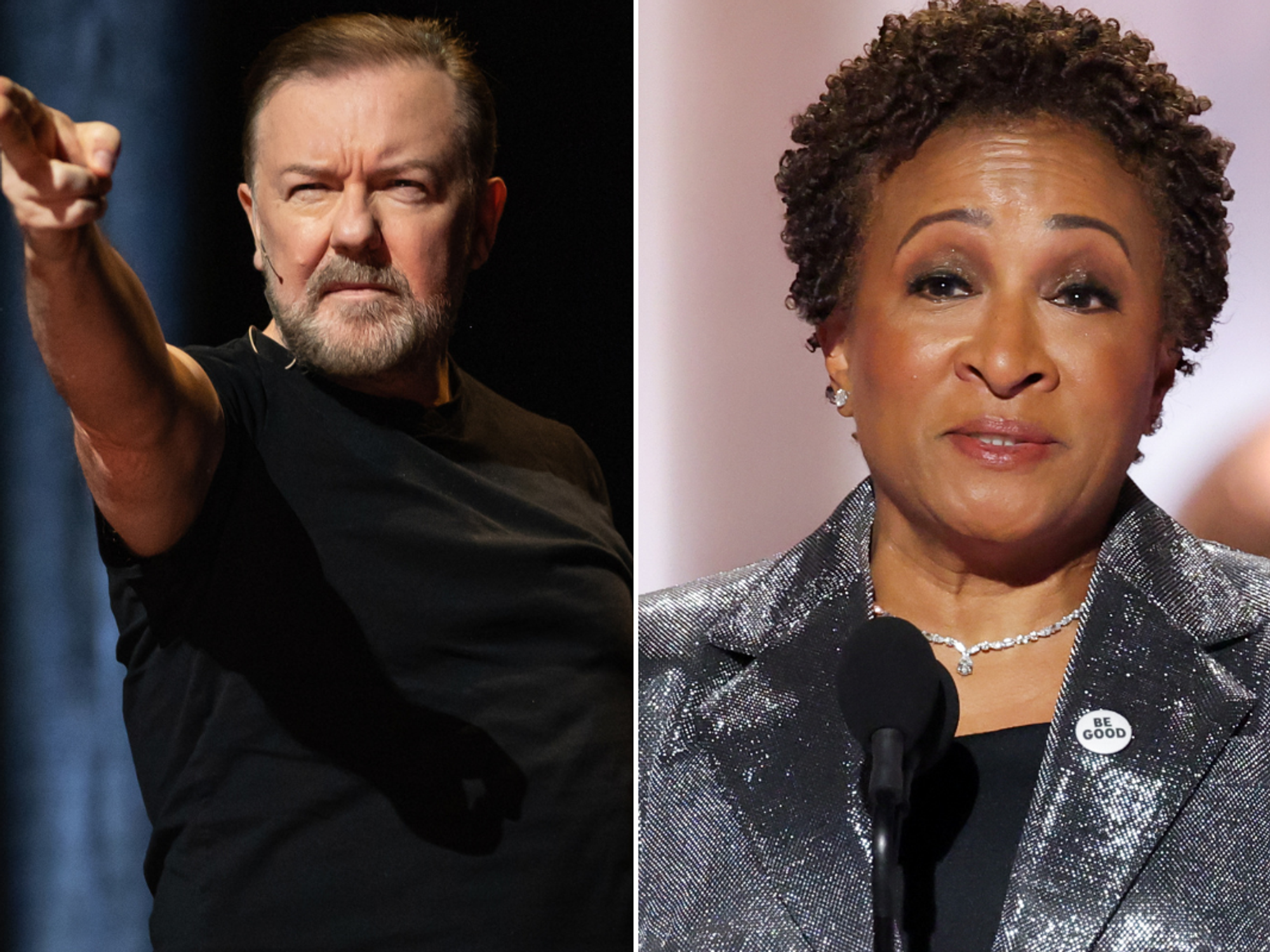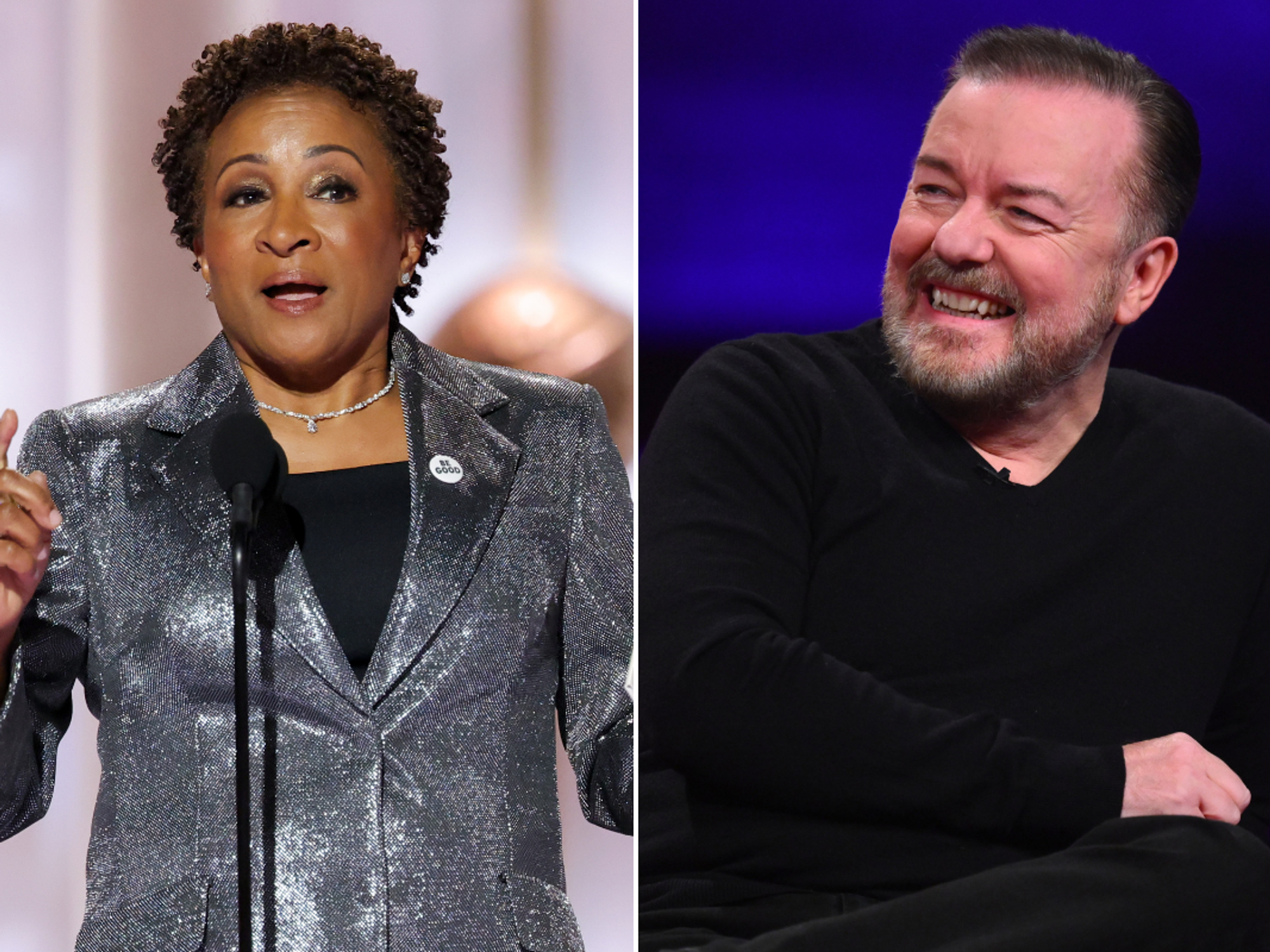Universal Credit legal battle launched as two mothers 'miss out on thousands' and blame 'discriminatory and irrational' policy

Two mothers have claimed the two-child policy breaches their human rights
Don't Miss
Most Read
Two mothers have missed out on thousands of pounds of support due to a 'discriminatory and irrational' Universal Credit policy.
They set to challenge the UK Government's two-child benefit cap policy in the High Court.
The women, who cannot be identified, argue that the current exemption for non-consensual conception is discriminatory as it doesn't apply to their first two children born from rape.
Both women became pregnant with two or more children non-consensually while in abusive relationships that began when they were teenagers.
They claim the two-child policy breaches their human rights and is "discriminatory and irrational".
The Child Poverty Action Group (CPAG) is providing legal representation for the women. They are challenging the rules surrounding exceptions to the two-child limit for Universal Credit, which came into effect in 2017.

The two-child limit restricts Child Tax credit and Universal Credit payments to the first two children in a household
| GETTYThe two-child limit restricts Child Tax credit and Universal Credit payments to the first two children in a household. There is an existing non-consensual conception exception, sometimes known as the rape clause, which can be applied for children conceived as a result of non-consensual sex or in an abusive relationship.
However, this exemption only applies to third or subsequent children, but the women argue they should be able to claim the exemption for their non-consensually conceived children, regardless of birth order.
One mother, known as EFG, had two children conceived through rape in a violent relationship. She later had two more children consensually but cannot claim benefits for them.
The other mother, LMN, eventually received an exception for her youngest child but went years without support. "She went for years without this support, amounting to thousands of pounds which will not be backdated" CPAG said.
Speaking through the CPAG, EFG said: "If I had been raped after my first two children were born, the exceptions would be applied, so basically [DWP] are telling me that I was raped at the wrong time."
Claire Hall, head of strategic litigation at CPAG, said: "Both of these women are subjected to the two-child limit despite the fact that they have conceived children non-consensually.
"And the reason for that is because the exemption only applies to third or subsequent children, and we're saying that they should be able to get the exemption for the non-consensually conceived children, irrespective of at what point they are born."
The CPAG estimates that both women have missed out on thousands of pounds of child support due to the current two-child policy.
The legal challenge is expected to be heard in the High Court in 2025, according to CPAG.
Justice Fordham allowed the case to proceed and said: "I have arrived at the conclusion that the issues in this case warrant ventilation and authoritative resolution at a substantive hearing."
Alison Garnham, CPAG's chief executive, said: "The families in this case are trying to rebuild their lives after many years of abuse. But their task is made all the harder by inhumane benefit rules that pile more pain on those they should be protecting."
LATEST DEVELOPMENTS:
She added: "Their experience should focus minds on the need to abolish the policy in its entirety before more damage is done."
The Department for Work and Pensions (DWP) has not commented on the ongoing legal case.
This challenge follows a previous unsuccessful attempt to overturn the two-child limit in the Supreme Court in 2021.











